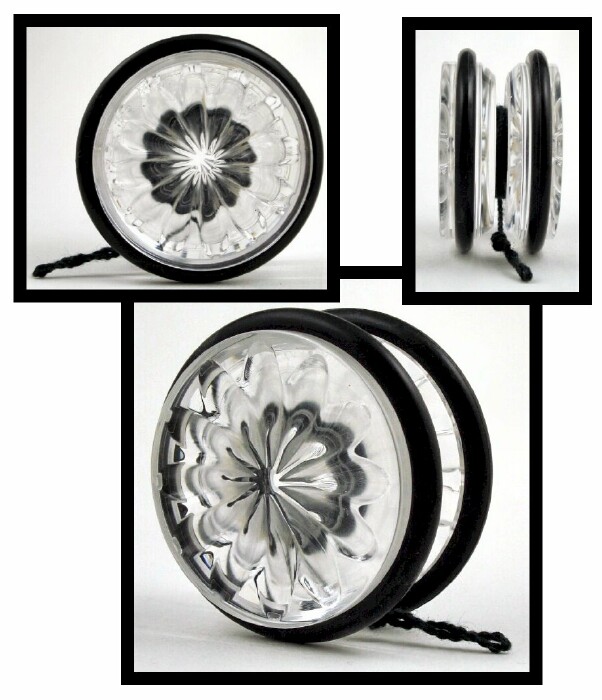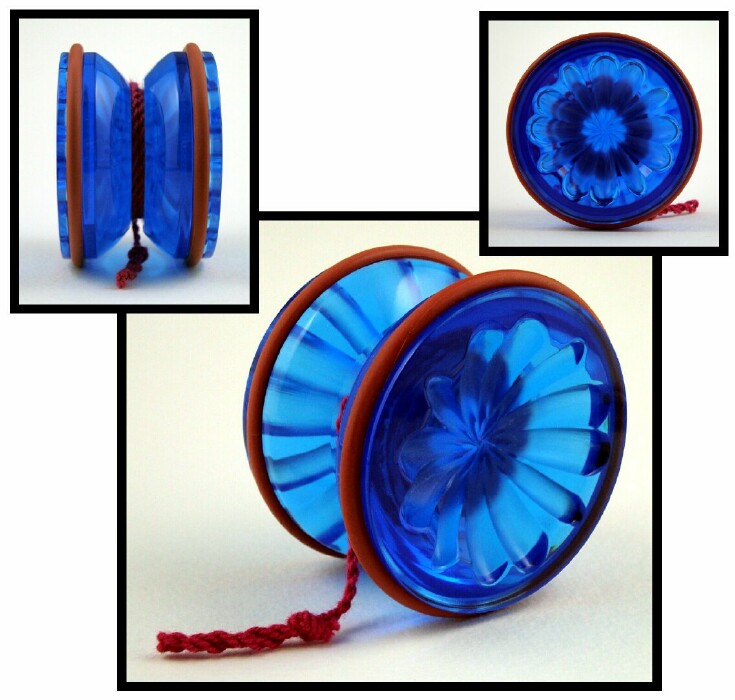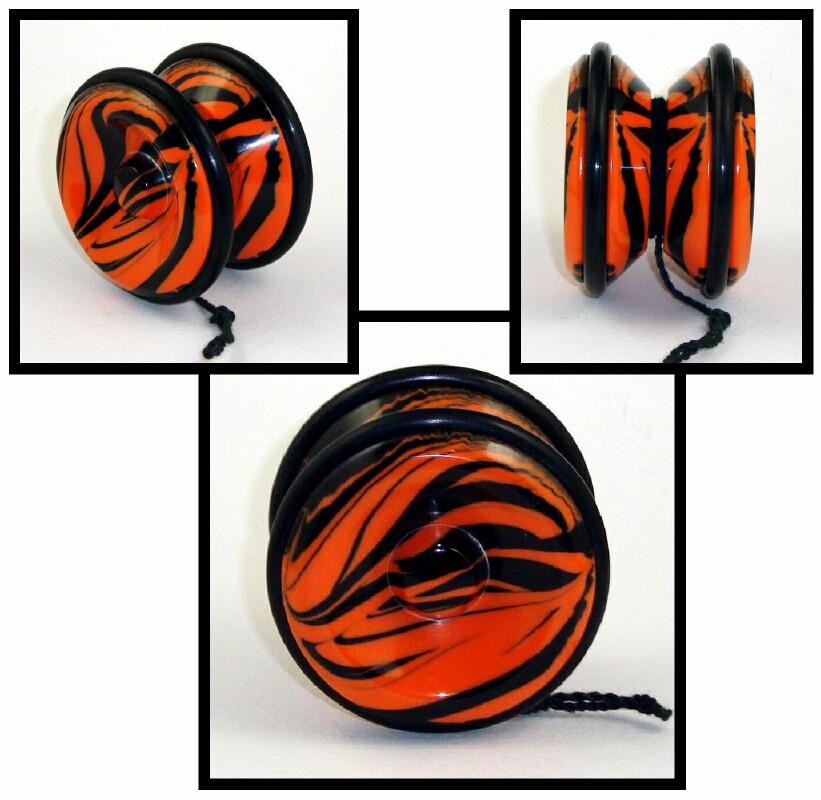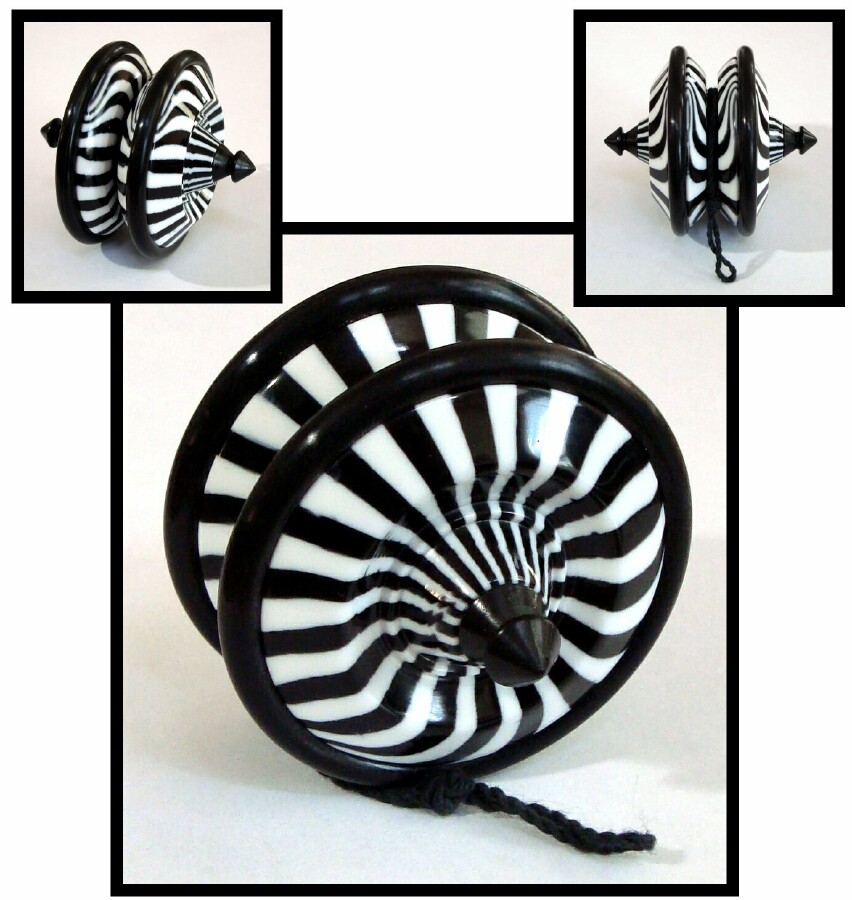I am in the process of searching for a material that can be injection molded, and then turned. The final product will need to be very rigid, and have the ability to be turned to a glass-like finish. I know a lot of people turn composites of various types (Corian, etc) - I think a lot of pen turners do this. Does anyone have any advice about materials that can be mixed and poured/injected into a mould, and then turned once dry? I would like for the product to be available in a variety of colors as well.
Thanks,
Ben
Thanks,
Ben




